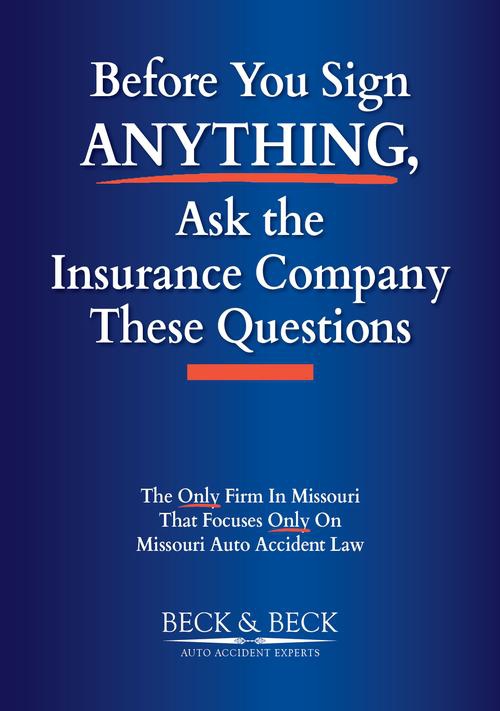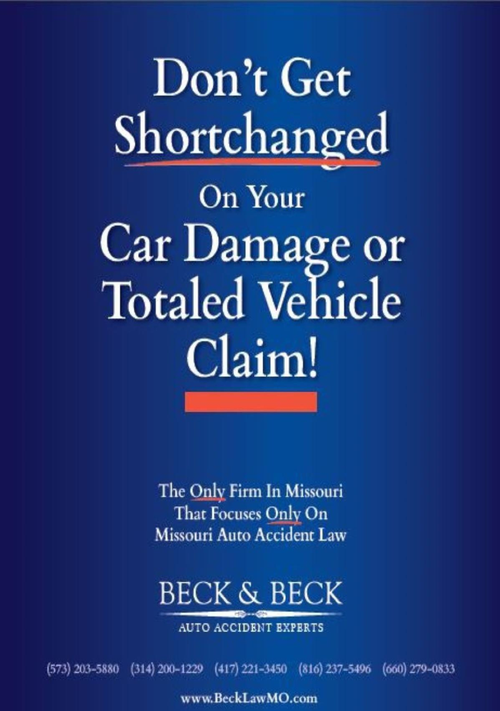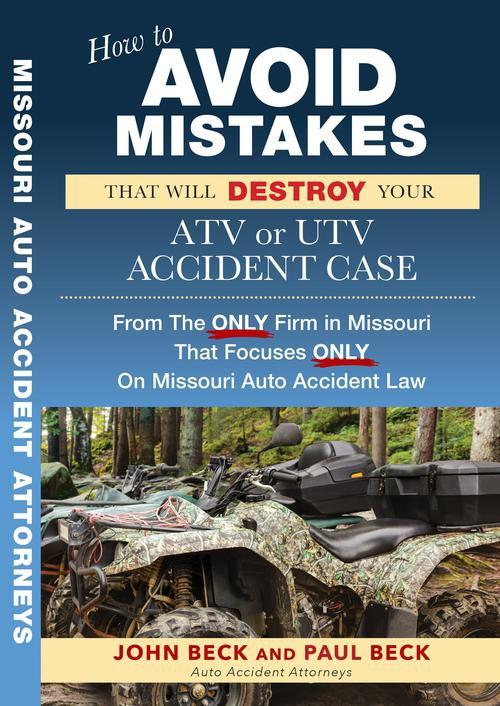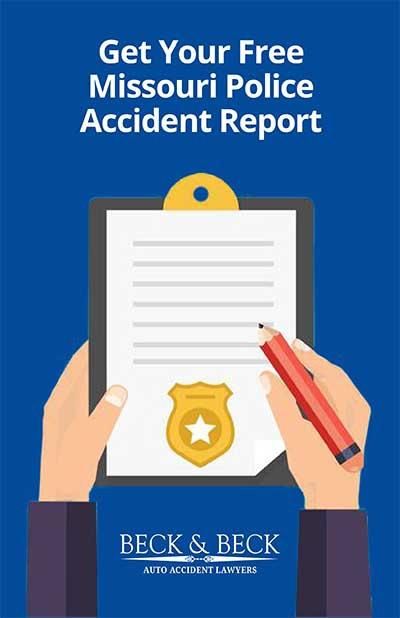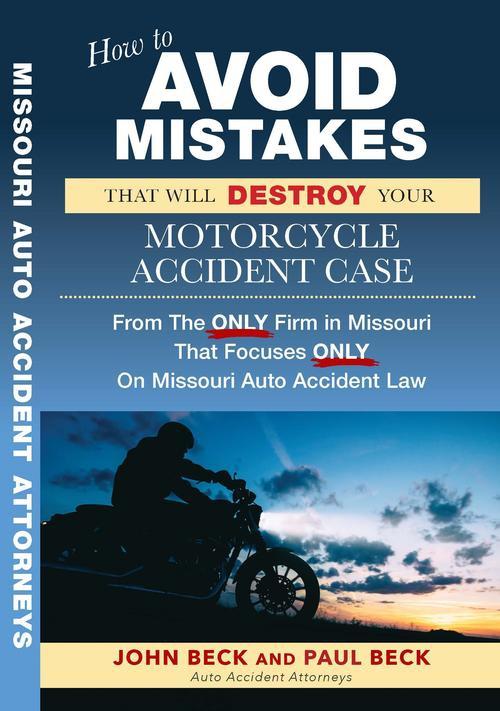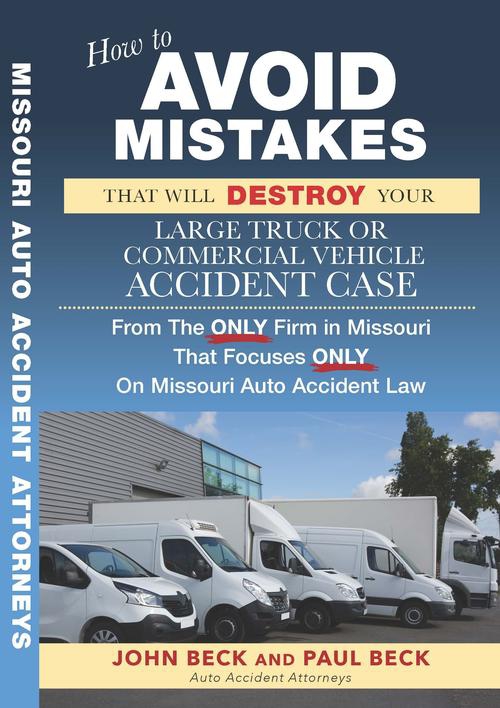Distracted driving in Missouri poses a significant threat to road safety, with countless accidents yearly caused by drivers who fail to focus on the road. From texting to eating behind the wheel, these distractions increase the risk of crashes and put lives at risk. Tragically, distracted driving accidents often result in severe injuries or fatalities, leaving lasting impacts on families and communities.
Missouri law currently addresses distracted driving by restricting behaviors such as texting while driving. However, as cell phone use continues to be a leading factor in roadway crashes, many believe that more comprehensive distracted driving laws in Missouri are necessary. Raising awareness of these laws and their importance can help reduce accidents and save lives.
Whether due to phone use, eating, or other distractions, driving without full attention to the road endangers everyone. By understanding the risks and adhering to Missouri’s laws, drivers can take the first step in preventing these devastating accidents.
Missouri’s Hands-Free Law
Missouri’s Siddens-Benning Hands-Free Law, signed by Governor Mike Parson, represents a significant step toward curbing distracted driving across the state. Effective August 28, 2023, the law prohibits all drivers from using handheld electronic devices while operating a motor vehicle on public roads or highways.
This includes texting, making phone calls, recording videos, or using social media. The goal is to address distracted driving’s alarming role in crashes, which accounted for nearly 200,000 accidents and at least 801 fatalities in Missouri between 2012 and 2021.
These new rules aim to prevent dangerous behaviors that divert drivers’ attention, especially as cell phone use remains a leading cause of accidents.
What the Law Permits
While the Siddens-Benning Hands-Free Law restricts handheld device use, it allows drivers to interact with their phones in specific ways. Hands-free or voice-operated features, such as Bluetooth or built-in car systems, are permitted if they can be activated or disengaged with a single touch or swipe. Drivers may:
- Place or receive voice calls using hands-free systems.
- Send or receive text messages using voice-to-text features.
- Use GPS navigation systems.
- Listen to music or podcasts through their phones.
These exceptions provide drivers with safe alternatives to stay connected without compromising safety on the road.
Enforcement Timeline and Compliance
Although the law took effect in August 2023, citations for violations will not be issued until January 1, 2025, allowing drivers time to adjust. During this period, education campaigns will help the public understand the importance of the law. The restrictions apply only when the vehicle is in motion, meaning drivers are exempt if they are lawfully stopped or parked.
As detailed in RSMo Section 304.822, this legislation equips law enforcement with tools to deter distracted driving and reinforces Missouri’s commitment to roadway safety. By adopting hands-free technology and adhering to the law; drivers can help prevent accidents and protect lives.
Are There Exceptions to Missouri’s Law for Texting and Driving?
Missouri’s Hands-Free Law primarily aims to reduce distracted driving by prohibiting the use of handheld devices while driving. However, the law acknowledges that certain circumstances require exceptions, allowing drivers to use their devices when necessary. Here are some notable exceptions to Missouri’s hands-free law:
- Reporting Emergencies: Drivers can use their devices in critical situations, such as reporting a traffic accident, medical emergency, or criminal activity to the authorities. These actions are considered essential for public safety.
- Law Enforcement and Emergency Personnel: Police officers, firefighters, and other emergency responders are exempt from the restrictions when performing their official duties. Their roles often require real-time communication to ensure effective responses to emergencies.
- First Responders in Emergency Vehicles: Individuals operating emergency vehicles, such as ambulances or fire trucks, can use handheld devices when their responsibilities demand it.
- Stopped or Parked Vehicles: The law does not apply to drivers who are lawfully stopped or parked, including waiting at a red light or pulling into a parking lot.
- Commercial Vehicle Drivers: Commercial vehicle operators may be subject to different regulations, often guided by federal laws, which could allow limited device use for job-related purposes.
These exceptions ensure the hands-free law balances safety with practicality, enabling critical communication without compromising road safety. However, for all other drivers, adhering to hands-free practices is vital to minimize distractions and reduce accidents. Understanding these exemptions is critical to ensuring compliance with Missouri’s hands-free regulations.
Why Is Distracted Driving So Dangerous?
Distracted driving is a leading cause of preventable crashes, putting drivers, passengers, and others on the road at risk. Understanding the dangers of distracted driving underscores why laws like Missouri’s Hands-Free Law are critical for public safety.
The Types of Distractions
Distractions fall into three categories:
- Visual distractions: Taking your eyes off the road, such as looking at a phone or GPS.
- Manual distractions: Removing your hands from the wheel to text, eat, or adjust settings.
- Cognitive distractions: Letting your mind wander from driving, such as daydreaming or engaging in intense conversations.
Even a few seconds of inattention can have devastating consequences.
Alarming Statistics in Missouri
In 2023, Missouri saw 106 fatalities from distracted driving crashes, with 88% of distracted drivers being over 21. Tragically, 52% of those killed were innocent victims, including passengers and pedestrians. States with hands-free laws report a 15% drop in fatality rates, showing the life-saving potential of stricter enforcement.
Between 2019 and 2023, distracted driving crashes claimed 414 lives and injured thousands more. Young drivers are particularly at risk. In 2022, teens aged 15–20 accounted for a disproportionate number of distracted driving incidents. Statewide, 133 people were killed in teen driver-involved traffic crashes, highlighting the need for stricter education and enforcement for this vulnerable group.
Distracted driving isn’t just a problem for car drivers. It contributes to accidents involving motorcycles, trucks, pedestrians, bicyclists, and even rideshare vehicles. A distracted driver’s negligence can result in catastrophic injuries or fatalities for anyone on the road.
What Are the Penalties for Distracted Driving in Missouri?
Missouri imposes penalties for distracted driving to discourage dangerous behaviors on the road. If you’re under 21 or a commercial driver, texting while driving is a primary offense, meaning police can stop you solely for this violation. The penalty is a modest $20.50 fine for the first and subsequent offenses.
While Missouri’s penalties for distracted driving are among the most lenient in the nation, they underscore the importance of safe driving. However mild, the threat of legal consequences should serve as a reminder to avoid distractions.
Legal and Financial Consequences
Beyond fines, texting while driving can lead to civil liability. If a driver causes an accident while distracted, they may face lawsuits for negligence. Victims can pursue compensation for medical expenses, property damage, and pain and suffering, making the financial consequences far more severe than the initial ticket.
Critics argue that Missouri’s penalties lack the deterrent power to reduce distracted driving incidents significantly. Enforcement can also be inconsistent, leaving some violations unpunished.
Still, the potential for causing injuries, fatalities, and financial harm should motivate drivers to prioritize safety over distractions. Even without harsh penalties, the risks of distracted driving are far too significant to ignore.
How Do Secondary Offenses Work in Missouri?
In Missouri, traffic offenses are categorized into two types: primary offenses and secondary offenses. Understanding the difference is essential for both drivers and law enforcement officers.
A secondary offense is a violation that can only be cited during a traffic stop for a primary offense. For instance, if a driver is pulled over for speeding or running a red light, the officer may also issue a citation for a secondary offense, such as using a cell phone while driving.
However, an officer cannot stop a driver solely for using a cell phone—that behavior must be observed as part of a primary offense. Similarly, failing to wear a seatbelt is also classified as a secondary offense in Missouri.
Missouri’s Cell Phone Law and Fines
While Missouri’s texting and driving law is currently a secondary offense, it is set to change in 2025. Once the law is enacted, drivers caught texting while driving will face fines. The penalties will be as follows:
- First offense: A $150 fine.
- Second offense (within 24 months): A $250 fine.
- Third offense (within 24 months): A $500 fine.
Additionally, if a driver is caught texting in a school zone or construction zone, they could face enhanced fines of up to $500 for a first offense.
Temporary Warning Period
Until 2025, drivers caught texting while driving will only receive warnings. This grace period is designed to help drivers adapt to the new law and become familiar with using hands-free devices.
If you’ve been involved in an accident with a distracted driver, it’s essential to consult an experienced Missouri car accident lawyer to understand your legal options and pursue compensation for your damages.
What Are Some Common Types of Distracted Driving?
Distracted driving is a leading cause of traffic accidents, often resulting in severe injuries or fatalities. Recognizing these common distractions can help promote safer driving practices and support cases against negligent drivers:
- Texting and Phone Usage: Using a phone to text, call, or scroll while driving is one of the most dangerous distractions. It significantly reduces reaction time, making collisions far more likely.
- Eating and Drinking: Consuming food or beverages divides a driver’s attention, increasing the chance of missing critical road signals or reacting too slowly.
- Adjusting Music or Navigation Systems: Fiddling with the radio, GPS, or other systems takes a driver’s eyes off the road and hands off the wheel, heightening the risk of accidents.
- Talking to Passengers: Conversing can divert focus from the road, especially if the discussion is intense or emotional.
- Grooming and Personal Care: Activities like applying makeup, shaving, or combing hair require hands off the wheel and attention off the road, impairing vehicle control.
- Daydreaming: Letting your mind wander can be as dangerous as physical distractions, as it diminishes situational awareness and reaction time.
By understanding these behaviors, drivers can better commit to staying alert and minimizing distractions, protecting themselves and others on the road.
Can I Sue a Distracted Driver If They Caused the Accident?
If a distracted driver caused your accident, you have the legal right to seek compensation through a personal injury lawsuit. Distracted driving is a form of negligence. Missouri law allows injured parties to recover damages for medical expenses, property damage, lost wages, and pain and suffering caused by negligent drivers.
Proving Negligence in Distracted Driving Cases
To win a lawsuit against a distracted driver, you must prove that their negligence directly caused the accident and your injuries. This typically involves showing that the driver failed to exercise reasonable care by being distracted by texting, eating, or engaging in other activities.
However, proving distracted driving can be challenging since many drivers may deny their inattention or hide the actual cause of their behavior. Evidence collection is critical to building a solid case.
How an Attorney Can Help Build Your Case
A skilled attorney from Beck & Beck Missouri Car Accident Lawyers can assist in gathering the evidence needed to demonstrate negligence. They may use the following strategies to support your claim:
- Interviewing Witnesses: Eyewitnesses can provide testimony about the other driver’s behavior leading up to the crash.
- Surveillance Footage: Cameras near the accident site might capture the driver using a phone or engaging in other distractions.
- Police Reports often document if the responding officer is suspected of distracted driving.
- Accident Scene Investigation: Photos of skid marks, vehicle positions, or debris can provide insights into the cause of the crash.
- Call or Text Records: Cell phone logs can confirm whether the driver was texting or calling during the collision.
With the proper legal representation, you can hold a distracted driver accountable for their actions and secure the compensation you deserve for your losses.
Experienced Missouri Distracted Driver Accident Lawyers
At Beck & Beck Missouri Car Accident Lawyers, we are committed to helping those injured by distracted drivers in Missouri. Our team understands the complexities of distracted driving cases and is dedicated to fighting for the compensation you deserve.
Whether you’ve been involved in a car accident, motorcycle crash, or any other incident caused by a distracted driver, we are here to support you every step of the way. Contact us today to schedule a free consultation and let our experienced lawyers help you confidently navigate your case.
Our legal team handles cases throughout the state of Missouri and in cities such as St. Louis, Florissant, Springfield, Kansas City, and more.

